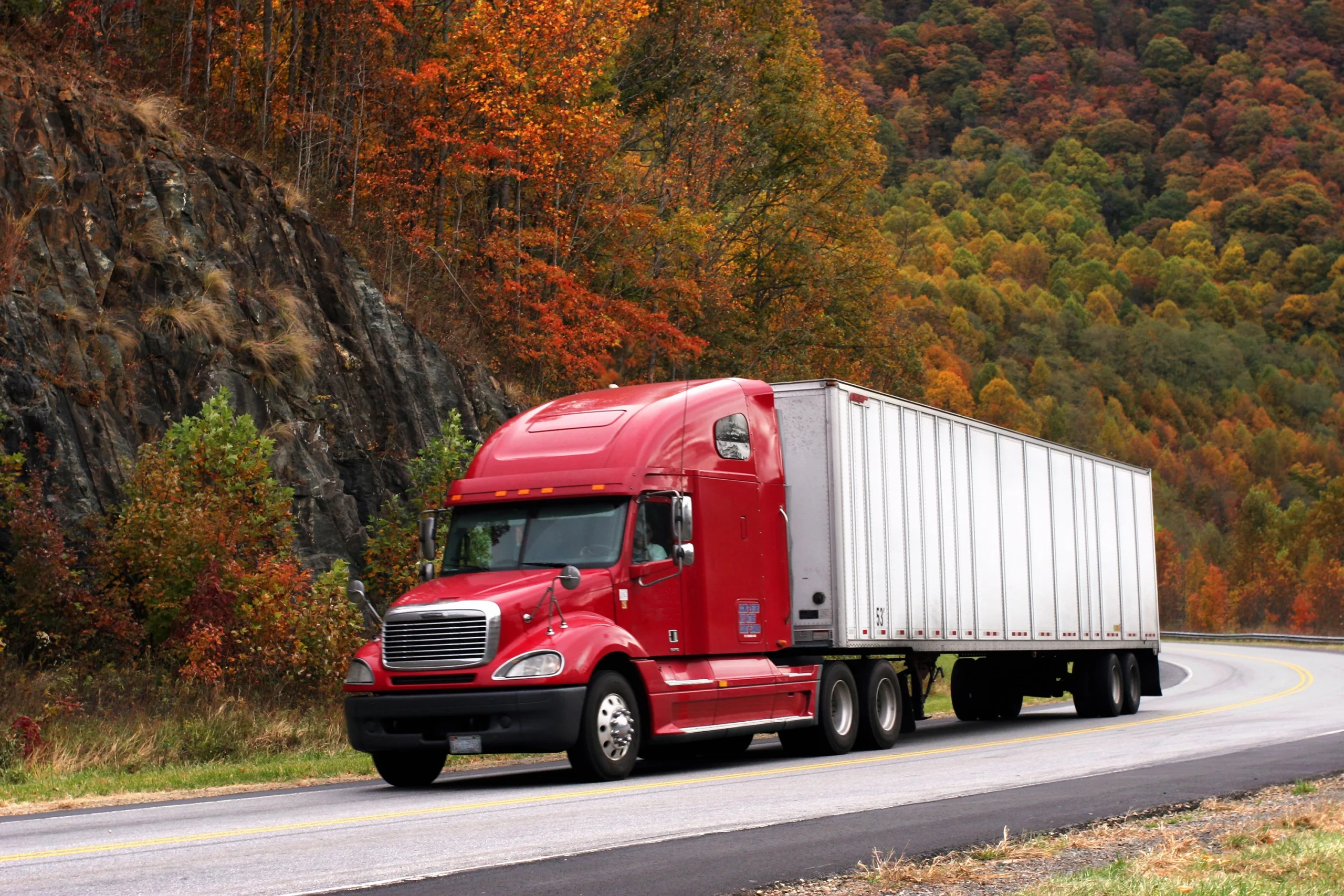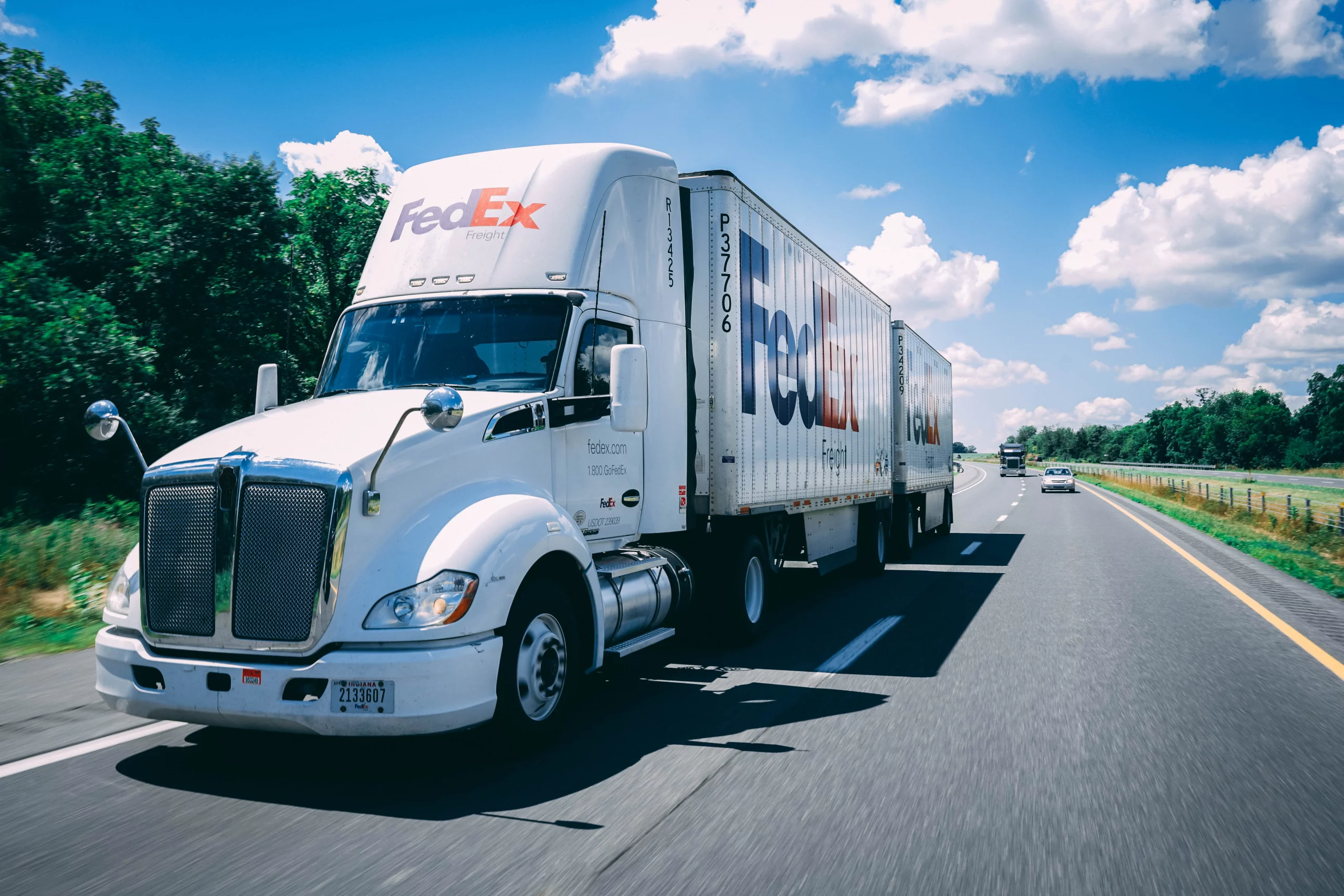TRUCKING ACCIDENTS
Flatbed Truck Accidents in Colorado Springs
Colorado Springs Flatbed Truck Accident Law Firm
A flatbed truck is a truck or tractor-trailer with a flat open bed used to transport a broad range of products and equipment. Some flatbeds are permanently attached to the truck’s frame, while others are pulled and removable.
There are two styles available in the detachable kind
The first is a traditional flatbed, which has a bed above the wheels. The lowboy style, in which the bed is lower to the ground, is the second option. Logs, construction materials, equipment, and a variety of other commodities are hauled on standard flatbeds. Lowboys are often used to transport construction equipment like track loaders and cranes and huge heavy gear.
Types of Truck Accidents
A flatbed truck accident can profoundly alter a person’s life
A flatbed truck is a single-unit car or a tractor-trailer with an open, flatbed at the rear. This bed is used to transport many items, including heavy machinery, building materials, and other items.
A single-unit car is a flatbed truck with the bed attached directly to the frame, while a tractor-trailer system includes a tractor that connects to and pulls a separate flatbed trailer. Whatever sort of flatbed truck causes the injury, the victim ought to be reimbursed for their losses.
And, given the size and weight of these commercial vehicles, as well as the speed at which they move, these damages have the potential to be severe. In the context of flatbed truck accidents, here’s a short look at carelessness.
Free Consultation
NO FEE UNLESS WE WIN
In flatbed truck accidents, determining negligence is a difficult task.
Negligence is defined as a failure to exercise ordinary care. If your truck accident lawyer can show that another party was negligent, you may be able to get compensation for the losses caused by the flatbed truck accident.
Failure to exercise ordinary care by the truck driver, the truck driver’s employer, the business that loaded the flatbed, the shipping broker, the firm that conducted maintenance on the car, and others might be considered negligence in a truck accident. To summarize, determining the reasons for a truck accident and those involved is often difficult.
Failure to securely secure the cargo on flatbed trucks is an all-too-common source of accidents and injuries. Failure to properly secure cargo on a flatbed puts the rest of us in peril, whether due to a lack of training, poor supervision, or just a lack of concern.
Accidents involving trucks are complicated. Too many lawyers are unaware of this. They do not devote the time necessary to research and comprehend the complexities of the laws and regulations that apply to truck drivers and trucking firms. As a consequence, these lawyers approach a trucking accident similar to a car accident.
And this is a tremendous blunder! Anyone engaged in a collision involving a tractor-trailer or a single-unit commercial car needs an experienced truck accident lawyer on their side to investigate the complexities of how the crash occurred, why it occurred, and who broke trucking safety standards.
Safety Rules Were Ignored
One of the most prevalent causes of flatbed truck accidents is failing to observe established trucking safety guidelines. Regardless of who loaded the flatbed, the truck driver is responsible for ensuring that his cargo is securely secured.
A responsible truck driver and trucking company must also ensure that the load is properly balanced on the trailer (from side to side and front to back), that the trailer is properly positioned over the tractor’s “fifth wheel” and rear axles, and that the route taken is appropriate for the load being hauled.
Furthermore, all truck drivers, particularly flatbed truck drivers, must make frequent stops to ensure that their cargo is secure during the voyage. Periodic pauses are required for safe navigation when a commercial car is hauling cargo.
Securing a cargo to a flatbed properly requires specialized knowledge, ability, and experience. Different loads need different ways of securement, and truck drivers and those who load the truck must be properly trained and competent to ensure that a load is correctly loaded and secured on a flatbed or trailer.
Unfortunately, many truckers take shortcuts, skip obligatory load inspections, and endangering the public’s safety. It just takes a hard turn or a turn done too quickly to hurl an inadequately secured cargo of big logs, steel beams, or heavy gear into neighboring lanes, endangering cars and persons.
Flatbed truck accidents are caused by the failure to take necessary precautions.
Flatbeds are involved in a considerable fraction of the nearly half-million truck accidents in the United States each year, whether due to collision or inadequately secured goods. Many of the accidents involving flatbed trucks are caused by the goods they are transporting.
These weights may render the car unstable by causing a high center of gravity, shifting forward or laterally, or becoming loose and dropping to the road.
Truckers hauling items on flatbeds are obliged to stop at regular intervals to inspect the load’s security. The quantity and kind of tie-downs and the locations to which they are fastened are all strictly regulated when it comes to securing items on flatbed trucks.
Despite most drivers’ best efforts to keep a secure load, errors can happen. These blunders often result in disaster. When a flatbed transporting steel beams or logs comes to a sudden halt, the cargo might slide forward into the cab, injuring or even killing the driver or other passengers.
On an inclination, the same weight may slide to the back and into another truck. In turn, an inadequately secured cargo might cause the truck to jackknife or even rollover. In other cases, the cargo may spill into the road, posing a danger to incoming cars. When a smaller car collides with a huge flatbed truck, the car or SUV always suffers the most damage.
Due to the height difference, the smaller car often ends up under the trailer’s bed. In the worst-case scenario, the truck collides with another car or spills its load in front of oncoming traffic. When a loaded flatbed truck collides with another car on a busy roadway, the results are almost always tragic.
In a semi-truck accident case, determining negligence might be difficult.
Flatbed truckers do not usually obtain the requisite, lengthy training to secure all types of loads for their own and others’ safety on the road. To save time, skipping frequent load checks might result in avoidable injury, death, and property damage. If you or someone you know has been wounded or has died due to a flatbed truck accident, you should contact a truck accident attorney as soon as possible.
The driver, the trucking firm, a third party in another car, or the team who loaded the trailer might all be to blame for the accident. An expert truck accident lawyer can cut through the layers of accusations to discover who is to blame for the accident.
A flatbed truck accident can profoundly alter a person’s life. A flatbed truck is a single-unit car or a tractor-trailer with an open, flatbed at the rear. This bed is used to transport many items, including heavy machinery, building materials, and other items. A single-unit car is a flatbed truck with the bed attached directly to the frame, while a tractor-trailer system includes a tractor that connects to and pulls a separate flatbed trailer.
Whatever sort of flatbed truck causes the injury, the victim ought to be reimbursed for their losses. And, given the size and weight of these commercial vehicles, as well as the speed at which they move, these damages have the potential to be severe. In the context of flatbed truck accidents, here’s a short look at carelessness.
In flatbed truck accidents, determining negligence is a difficult task.
Negligence is defined as a failure to exercise ordinary care. If your truck accident lawyer can show that another party was negligent, you may be able to get compensation for the losses caused by the flatbed truck accident.
Failure to exercise ordinary care by the truck driver, the truck driver’s employer, the business that loaded the flatbed, the shipping broker, the firm that conducted maintenance on the car, and others might be considered negligence in a truck accident. To summarize, determining the reasons for a truck accident and those involved is often difficult.
Failure to securely secure the cargo on flatbed trucks is an all-too-common source of accidents and injuries. Failure to properly secure cargo on a flatbed puts the rest of us in peril, whether due to a lack of training, poor supervision, or just a lack of concern.
Accidents involving trucks are complicated. Too many lawyers are unaware of this. They do not devote the time necessary to research and comprehend the complexities of the laws and regulations that apply to truck drivers and trucking firms.
As a consequence, these lawyers approach a trucking accident similar to a car accident. And this is a tremendous blunder! Anyone engaged in a collision involving a tractor-trailer or a single-unit commercial car needs an experienced truck accident lawyer on their side to investigate the complexities of how the crash occurred, why it occurred, and who broke trucking safety standards.
Safety Rules Were Ignored
One of the most prevalent causes of flatbed truck accidents is failing to observe established trucking safety guidelines. Regardless of who loaded the flatbed, the truck driver is responsible for ensuring that his cargo is securely secured.
A responsible truck driver and trucking company must also ensure that the load is properly balanced on the trailer (from side to side and front to back), that the trailer is properly positioned over the tractor’s “fifth wheel” and rear axles, and that the route taken is appropriate for the load being hauled.
Furthermore, all truck drivers, particularly flatbed truck drivers, must make frequent stops to ensure that their cargo is secure during the voyage. Periodic pauses are required for safe navigation when a commercial car is hauling cargo.
Securing a cargo to a flatbed properly requires specialized knowledge, ability, and experience. Different loads need different ways of securement, and truck drivers and those who load the truck must be properly trained and competent to ensure that a load is correctly loaded and secured on a flatbed or trailer.
Unfortunately, many truckers take shortcuts, skip obligatory load inspections, and endangering the public’s safety. It just takes a hard turn or a turn done too quickly to hurl an inadequately secured cargo of big logs, steel beams, or heavy gear into neighboring lanes, endangering cars and persons.
What About the Trucking Business?
Trucking businesses should take reasonable precautions to ensure that they recruit competent, well-trained, and well-supervised truck drivers. If a trucking business is irresponsible in employing a driver or fails to properly educate or oversee one of its truck drivers, and that driver injures someone. In contrast, on the job, the trucking company may be held liable. This is referred to as respondeat superior or vicarious culpability.
To summarize, failure to hire, train, or supervise a truck driver may result in the trucking company’s employer being held legally liable for a truck accident, including a flatbed accident. Because of the complexities and subtleties of trucking cases, it is vital to have an experienced truck accident attorney on your side who is familiar with state and federal trucking regulations if you or a loved one has been involved in a truck accident.
Warrior Truck Accident Lawyers has assisted numerous truck accident plaintiffs in recovering considerable awards for medical costs, lost earnings, and pain and suffering. If a trucker has injured you or someone you know, you must move quickly before the facts get muddled. Call now to speak with a truck accident lawyer. An initial consultation is free, and there are no costs until you win.

FREE CASE REVIEW
We are standing by ready, willing, and able to help you. You can schedule a free consultation here on our website, or give us a call and talk to us. Whatever you prefer, we will accomodate you!








